Solar eclipse resources offered to Ohio landowners
Landowner resources to help them prepare for an influx of people coming to rural parts of the state hoping to get a glimpse of this rare phenomenon April 8.
Read MoreOhio has some specific rules and regulations regarding open burning. What you can burn and where are some of the insights shared by Leah Curtis, Ohio Farm Bureau’s policy counsel. Although originally published in 2017, this information is still accurate for 2022.
Listen to Legal with Leah, a podcast featuring Ohio Farm Bureau’s Policy Counsel Leah Curtis discussing topics impacting landowners.
Joe Cornely: [00:00:00] So when I was a kid, you got out behind just about any house in small town Ohio, and there was a burn barrel. You don’t see them anymore, but open burning out in the more rural parts of the state, still pretty common, but worth visiting some of the do’s and don’ts. Leah Curtis, policy counsel for Ohio Farm Bureau, is is in with us. Let’s start with the where: where is it typically okay to do open burning?
Leah Curtis [00:00:24] So if you are outside of a city, at least one mile outside of a city, then you are definitely going to be in what’s called an unrestricted area for the EPA’s purposes. And you are going to be free to burn agricultural waste, residential waste and landscape waste, all three. If you’re within a mile of a city, then you need to kind of check with EPA and make sure that you’re not in what’s called a restricted area, which would limit your ability to burn.
Joe Cornely [00:00:47] And there are some things no matter what, you cannot burn.
Leah Curtis [00:00:52] So you should never be burning garbage, rubber, grease, asphalt, liquid petroleum products, buildings including dismantled or falling down buildings, dead animals or animal waste and then pesticides, unless that pesticide actually provides burning as a method of disposal on its label.
Joe Cornely [00:01:09] ODNR also has its burn ban.
Leah Curtis [00:01:15] Yes. So during times of the year where we’re more susceptible to wildfires and fire spreading, ODNR does have what’s called a burn ban between the hours of 6 a.m. and 6 p.m. in rural areas during March, April, May, October and November. You shouldn’t be burning unless you’re going to do that in a plowed field and more than 200 feet from woodland and brush. So these are times of the year where it’s either really windy and fire could spread easily or things are really dry and fire could spread easily.
Joe Cornely [00:01:42] We have a landowner toolkit brochure on this. It’s got some general pieces of good advice that people who may be doing some burning should follow.
Leah Curtis [00:01:53] So it goes through in detail what the EPA’s regulations are, when you might have to notify them of a burn, as well as the things that you need to consider as you’re getting ready to do that open burning as well.
Joe Cornely [00:02:03] And I mentioned it’s a part of our landowner toolkit. How do folks access that? You’ve got to be a Farm Bureau member to begin with.
Leah Curtis [00:02:11] So if you’re a Farm Bureau member, you can contact your county office. They can certainly help you get a copy. We can also help you get a copy of just the open burning portion of it, if you would like as well. So that way you can kind of be informed as you get ready to do these things.
Joe Cornely [00:02:25] And while it may not be required, it’s probably good form to reach out to the fire department if you’re going to do some some especially significant burning.
Leah Curtis [00:02:34] So certainly, if you have neighbors around you, they might see that, they might be concerned, they may call the fire department. You might really alarm some people. So it’s always a good idea before you get ready to do it, give your fire department a call. Let them know that way they’re ready; they kind of know beforehand if something would happen. And they also know if somebody calls in, they can say, yeah, he told us he’s going to do some open burning that day.


Landowner resources to help them prepare for an influx of people coming to rural parts of the state hoping to get a glimpse of this rare phenomenon April 8.
Read More

What are some of the things landowners need to be aware of, as they might see more people wanting to come out to their property and to rural Ohio for the best seat in the house?
Read More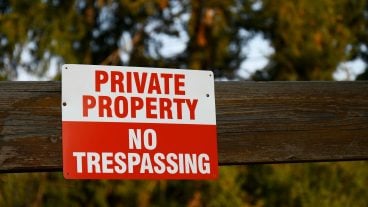
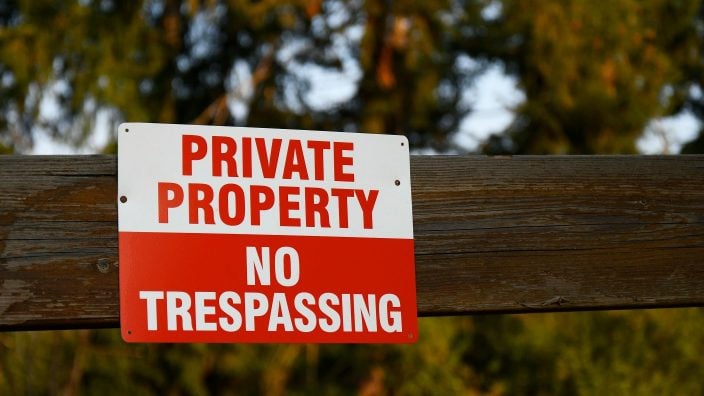
Policy Counsel Leah Curtis discusses Ohio trespassing laws and the liability that can fall on landowners when people enter their property.
Read More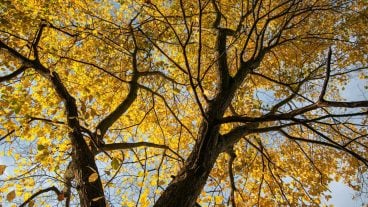
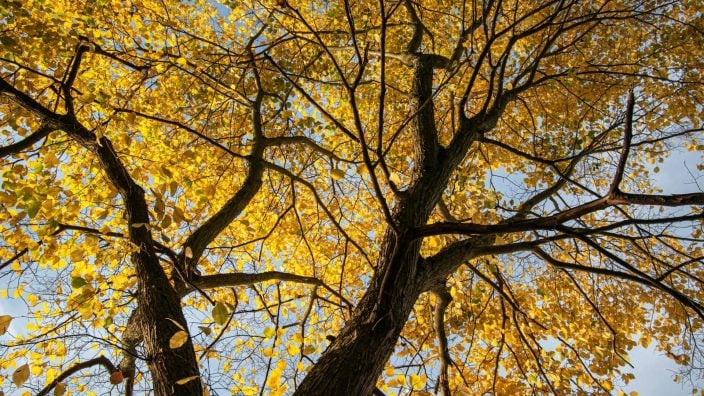
When property owners may have issues with trees or encroachment on their property, they often turn to Ohio Farm Bureau for information.
Read More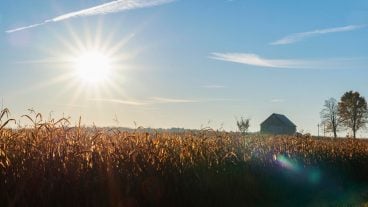
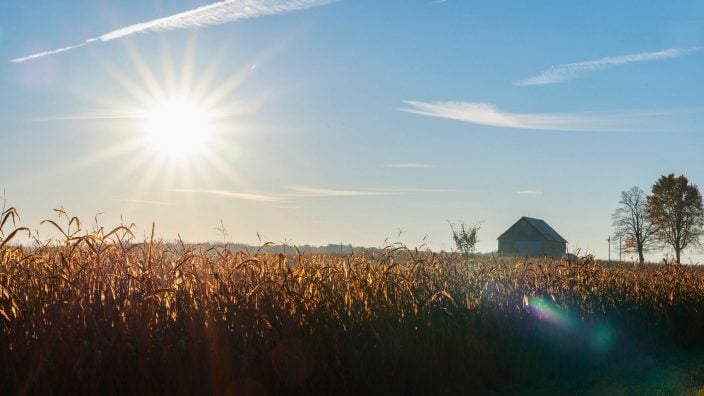
Even though there can be zoning in rural areas of Ohio, there are limitations in the law when it comes to agriculture.
Read More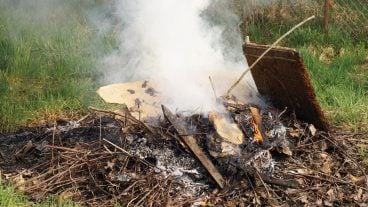
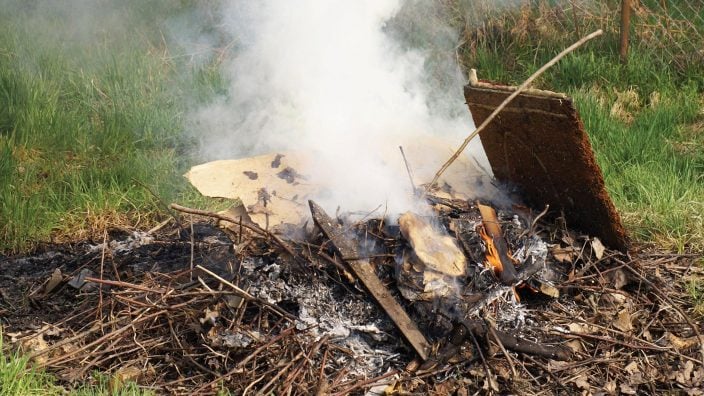
During the months of March, April, May, October and November, open burning in Ohio is prohibited during the hours of 6 a.m. to 6 p.m.
Read More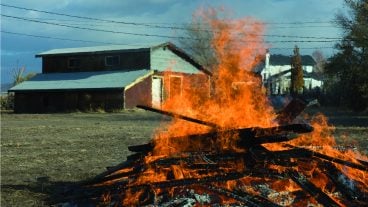
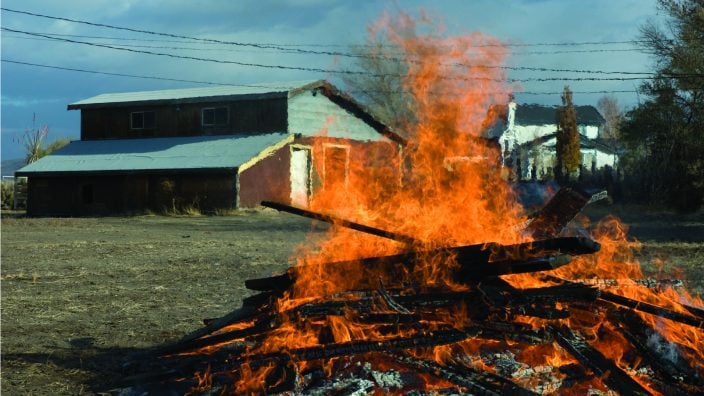
Depending on what is being burned and where, there will likely be restrictions from either the Ohio Environmental Protection Agency or possibly the Ohio Department of Natural Resources.
Read More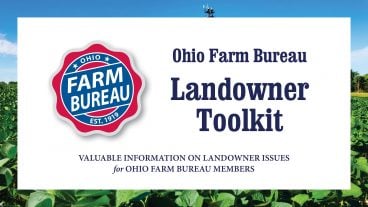
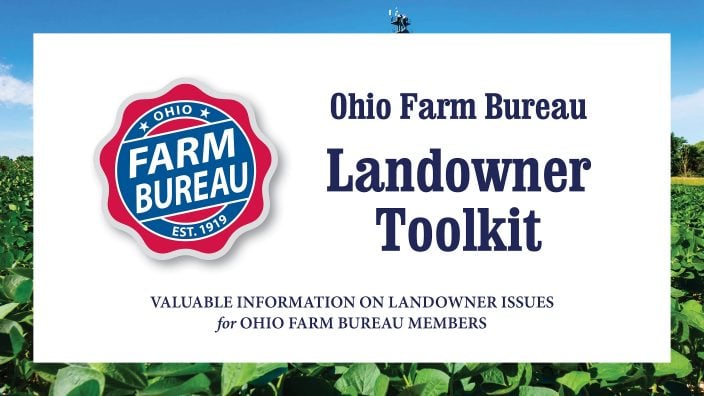
The newly updated Landowner Toolkit was built to give our members the knowledge and tools necessary to manage their land responsibly and productively.
Read More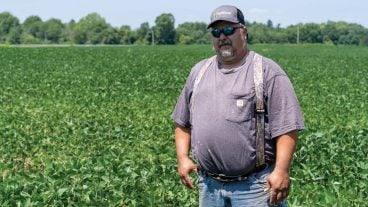
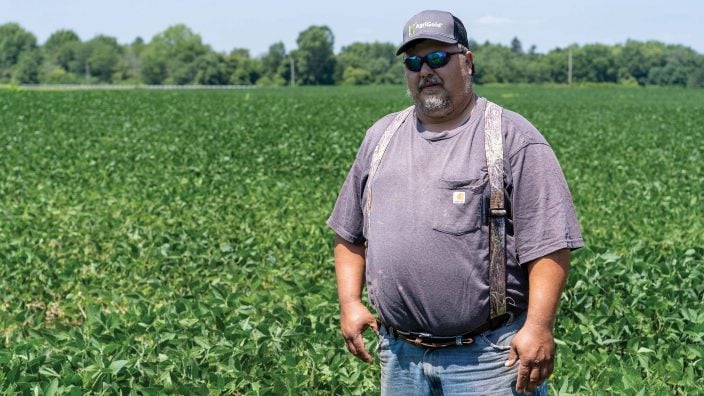
Under HB 397, notice must be given by Sept. 1 to terminate a farm lease, and the lease will terminate at the conclusion of harvest or Dec. 31, whichever comes first.
Read More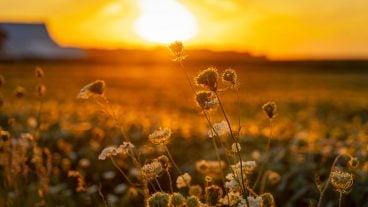
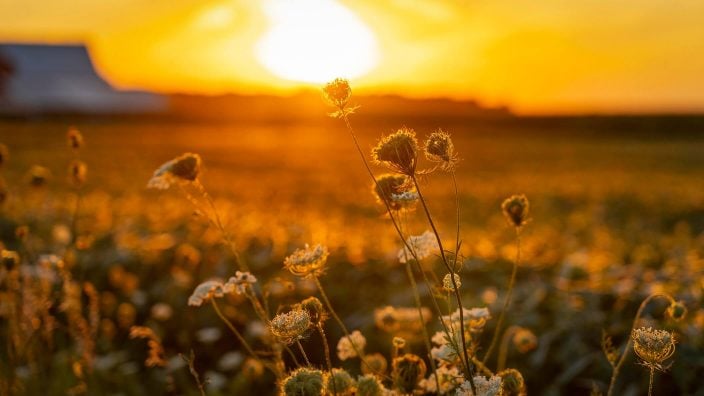
Lorain County Farm Bureau recently had success getting some changes made to their CAUV designations, thanks to the help of Ohio Farm Bureau and members taking action.
Read More